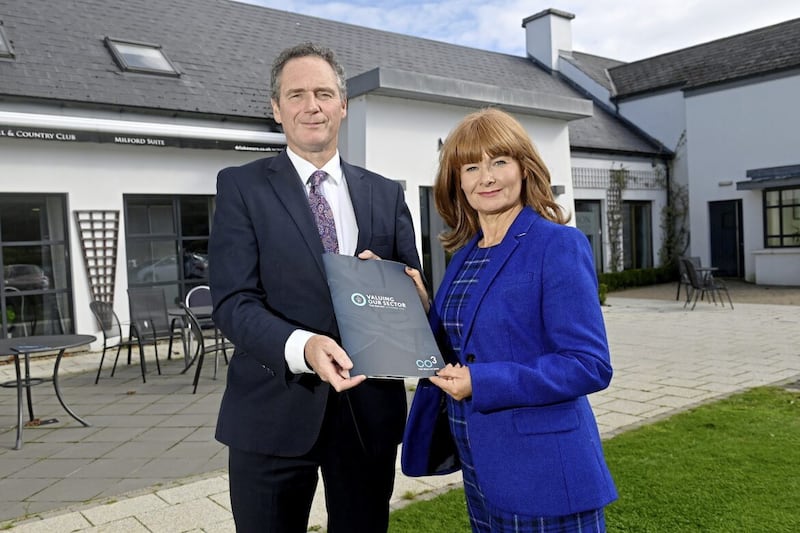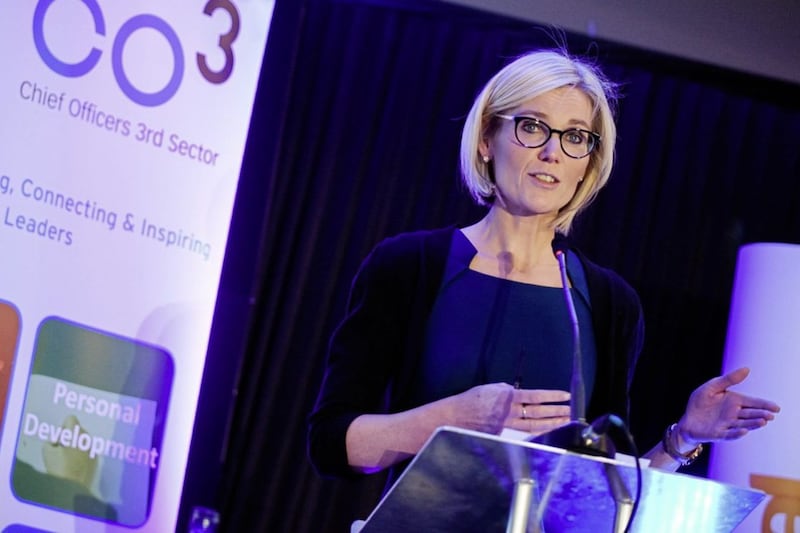THE amount of funding third sector organisations in Northern Ireland receive from government has increased whilst the amount they receive from public donations has reduced, a new survey suggests.
The latest Ulster Bank and CO3 Third Sector Index includes responses from more than 100 directors and chief executives of organisations such as charities and social enterprises.
It detected that funding from government has increased for the first time since the survey began at the start of 2016.
One-in-five reported that their organisation had experienced an increase in government funding in the second half of 2019; twice as many that said they had experienced a decease.
Meanwhile, the percentage reporting a rise in public donations fell, while the percentage saying income from public donations decreased, rose.
Overall, two-thirds of third sector organiations (63 per cent) said that they received funding from government (not including the EU) whist fewer than half (48 per cent) now report that they receive public donations. This compares to 59 per cent who said they received funding from public donations in the first survey taken during the first quarter of 2016.
In total, a quarter of organisations reported that their income increased in the final six months of 2019, with the majority of the remainder reporting that their income was flat.
As a result, a third (32 percent) or respondents said that their organisation had increased its number of employees in the second half of last year, compared to just 11 percent who said that their headcount decreased.
And three-quarters of respondents report that their organisation’s cashflow position is now stable, a rise of five percent on the last survey.
Ulster Bank’s chief economist, Richard Ramsey while any increase in government funding is welcomed by organisations within the sector, sustainability of funding remains a key concern.
“Despite rising demand, income generation remains the number one challenge facing the sector in 2020 with 56 per cent of respondents citing it as the top issue. When you factor in that 29 per cent of organisations are also currently in receipt of EU funding – and the UK has left the EU – this provides another source of uncertainty with funding into the medium to longer-term.”
Nora Smith, chief executive of CO3, said: “Recent years have seen the sector squeezed by reduced government spending, but the latest survey is encouraging in that it suggests that both overall income and the amount of income from government increased in the second half of last year.
“This has helped ease cashflow pressures somewhat. However, whilst this is positive, financial pressures do still remain, relating to things like rising salaries, increases in demand for services, and meeting the National Living Wage,” she added.






